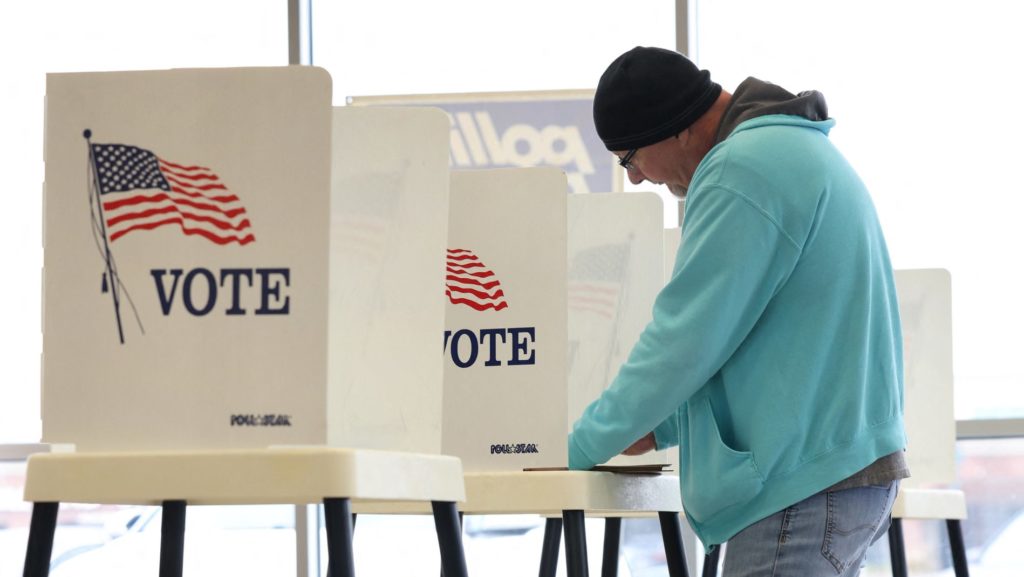Proposed school choice initiatives in three states -- Colorado, Kentucky and Nebraska -- appear to have been defeated at the ballot box in the Nov. 5 general election.
Brittany Vessely, executive director of the Colorado Catholic Conference, told OSV News that Colorado's Catholic bishops were "disappointed in the loss of Amendment 80," which would have created a state constitutional right to school choice and equal opportunity for K-12 children.
In addition, the proposed measure would have enshrined in the state constitution parents' right to direct their children's education, while adding a range of school types -- including private, charter and home schools -- in the state's definition of school choice.
With 73% of the estimated vote total reported by midday Nov. 6, slightly more than half (52%) of voters had rejected the amendment, while 48% were in favor.
"Amendment 80 aligned with Catholic social teaching: to ensure that parents are permitted to select the best education option(s) for their children and each person of every age has a right to education," Vessely said.
That includes "using a portion of state funding for parents to direct to the learning option that best fits the needs of their child," she said.
Vessely said that due to the rejection of Amendment 80, "It is likely that the anti-school choice majorities in the state Legislature will continue to attack Colorado’s current school choice options, including charter schools, and erode the rights of conscience and expression for parochial education providers and parents who choose options other than traditional public schools."
Catholic advocacy for school choice initiatives has its roots in the church's teaching on parents' responsibility for their children's education. The Catechism of the Catholic Church specifies that "parents have the right to choose a school for (their children) which corresponds to their own personal convictions," describing that right as "fundamental."
In addition, the Catechism states that "public authorities have the duty of guaranteeing this parental right and ensuring concrete conditions for its exercise."
Kentucky's proposed Amendment 2 would have paved the way to provide state funding for "the education of students outside the system of common schools," as public K-12 schools are termed in Kentucky's constitution.
But the results by midday Nov. 6, with nearly all of the estimated vote total reported, indicated that close to 65% of Kentucky voters had rejected the amendment, with slightly more than 35% in support.
"We're really disappointed, especially in the margin of the (opposition's) victory," Jason Hall, executive director of the Kentucky Catholic Conference, told OSV News.
Hall said that "Kentucky is an island surrounded by states with school choice" and so the amendment's defeat "really closes the door on it for the foreseeable future."
Last month, Hall had told OSV News the amendment's passage could help “provide Catholic education as an option for families where that was a good fit for them, who currently could not afford it financially,” while stressing that the conference broadly support policies to expand parental choices in education.
Now, he said, the rejection of Amendment 2 "creates challenges for Catholic schools to be able to come up with other ways to help people attend who lack the financial means to do so."
In Nebraska, voters opted to repeal Section 1 of Legislative Bill 1402, which allocated $10 million in public funds for low-income students or students with special needs to attend non-public schools.
With nearly all the estimated ballot total reported by midday Nov. 6, over 57% voted to strike the funding, while just under 43% wanted to retain it.
Both Vessely and Hall lamented how the defeat of the school choice initiatives in their respective states would negatively impact on Catholic parents' ability to provide for the education of their children.

